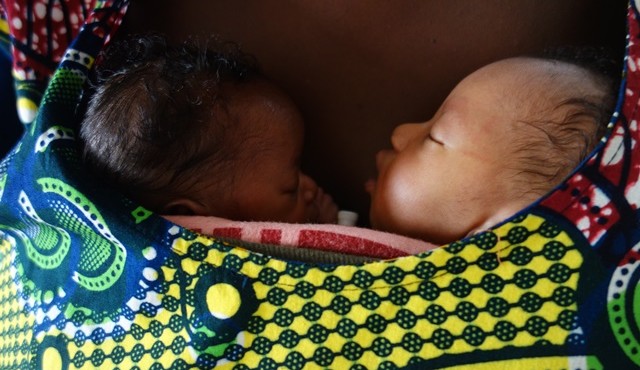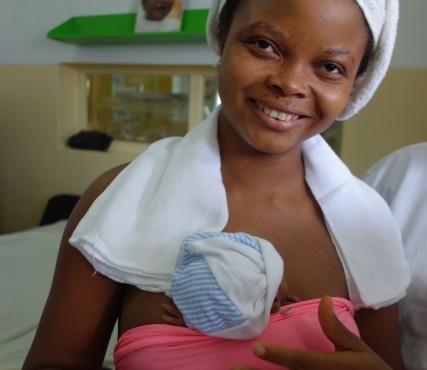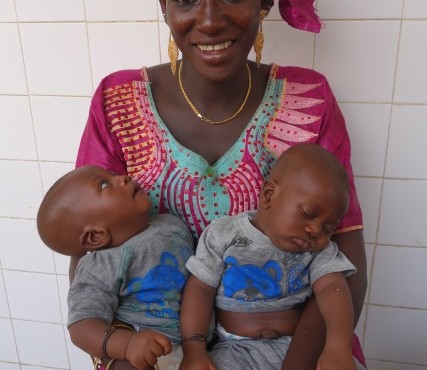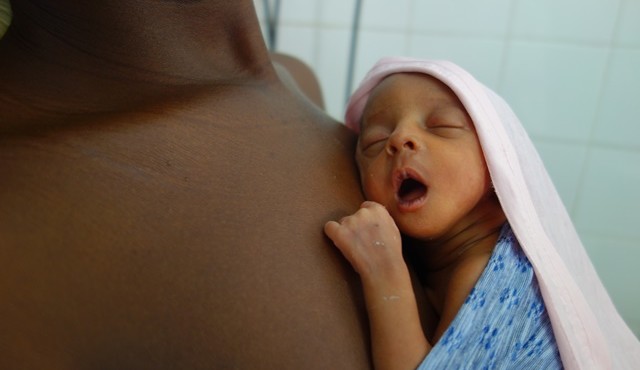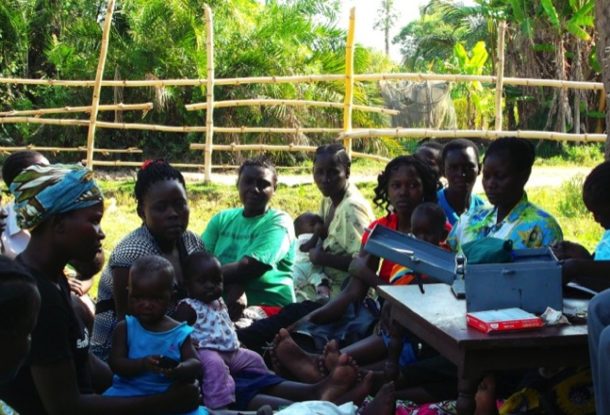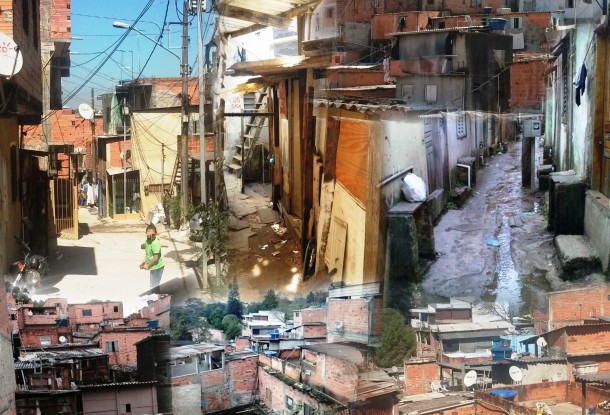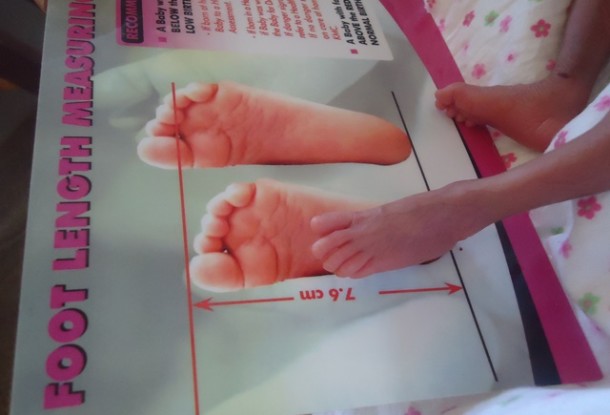Innovation Summary
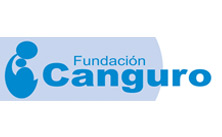 Implementing and scaling new health care interventions is very challenging and often demands intensive training
Implementing and scaling new health care interventions is very challenging and often demands intensive training
or retraining, especially when the objective is to reach provincial or national health systems. This proposed 18-month training program is a strategy to scale-up KMC diffusion and implementation, promoting a culture of continuous self-evaluation, quality improvement and accountability thanks to a KMC E-learning interactive platform used as a training, tracking data and network tool.
Gallery
Impact
Expected Impact:
- 186 Lives of low-birth-weight infants will be saved at 2 Centres of Excellence and 10 Regional Hospitals compared to baseline
- 2800 infants will have improved health outcomes (1. 10% reduction of Infection, increased weight, increased height, and increased head perimeter) at Centres of Excellence and Regional hospital
- 1 KMC E-learning platform developed
KMC: a strategy to decrease the mortality of the low birth weight infant in the world
--Nathalie Charpak, Project Lead
Innovation
Reducing low birth weight sequelae and their associated mortality and morbidity has been possible in affluent societies due to better standards of living, resulting in healthier pregnancies and advanced perinatal care technology. But this technology is expensive to purchase and maintain and requires highly qualified staff. Even when sophisticated neonatal care is available in less affluent countries, coverage and quality control are not ensured. Kangaroo Mother Care is an evidence-based technology, suitable for both developed and developing countries, centered in the mother as the main provider of heat and stimulation: skin-to-skin contact, (i.e. “kangaroo” position), nutrition (breast milk) and close monitoring after early discharge at home in KMC [1].
This KMC platform will contain 1) virtual courses, depending on the level at which the KMC will be implemented, 2) technical directives to implement a KMC Program with protocols, manuals, guides, videos, presentations, virtual chats with kangaroo Experts,
(3) monitoring and evaluation programs with virtual interaction, self-evaluation tests, quality indicators and final KMC certification, (4) a tracking data base to gather medical outcomes metrics, 5) a virtual space dedicated to the parents with documentation, videos, autobiographic histories, and 6) a place where KMC news and information can be found. Our experience in Bogotá has shown the feasibility of developing a complex, effective and efficient healthcare intervention in a developing country, and the feasibility of direct transfer of this intervention to other developing countries through training, coaching, support, and network development.
Collaboration:
Funders:
- Grand Challenges Canada- Canada
- CrossKnowledge Foundation – France
- ISF-Uniminutos – Colombia
- Kangaroo Foundation – Colombia
Key Partners:
- CHU Gabriel Touré – Mali
- Laquintinie Hospital – Cameroon
- Kangaroo Foundation- Cameroon
- Association Kangourou -Mali
Implementation
Key drivers in proof of concept stage:
- Key results on morbidity and mortality of the KMC programs achieved and disseminated
- High uptake of the program including in health centers and some Health Ministries
Expected Challenges:
- Successful transfer of the KMC method to developing countries, which can have fragile health systems that could benefit most from the KMC method. Early discharge and KMC ambulatory follow-up clinics are the most difficult aspects to implement of the KMC method, but have significant impact on reducing the costs and risks associated with admitting patients to the hospital, as the reduce the length of a patient’s stay in-hospital.
- Insufficient access to professionals, literature, training, and monitoring and evaluation capability
- Newly established KMC programs often have insufficient access to Kangaroo Network professionals, scientific literature on the program, and insufficient local research and performance monitoring capability
- Availability of imperative resources in Kangaroo Unit
- Systemic problems include the availability of drinking water which is essential in a kangaroo unit
Continuation
The creation of a KMC Center of Excellence in Bogota has led to successful dissemination of the KMC method in 22 centers in Colombia. Developing these centers only requires a small amount of preparation which involves training for new health professionals in the KMC method. Once these centers become KMC Centers of Excellence, they are able to train other regional health centers, leading to greater dissemination of the KMC method.
Three additional Centers of Excellence have been created, one in Mali, one in Cameroon and the other in Philippines. These Excellence centers are now equipped to train other hospitals and centers in their respective countries.
Additionally, the KMC method has been adopted by the Colombian and Swedish Ministries of Health.
This innovation, the new KMC e-learning platform associated with a training program, is now seeking to scale KMC through a Development Impact Bond process involving key players and stakeholders.
Evaluation Methods:
Indicators to validate the progress of the project:
- The number of new regional hospitals that have adequate facilities (including access to clean water and electricity) to implement KMC.
- The number and percentage of new regional hospitals certified to implement KMC
- The number and percentage of regional hospitals of the country prepared to train other institutions in KMC implementation.
- The number of medical staff and the number of KMC teams created during the project.
- The number of newborn preterm and/or LBW infants who have been admitted to KMC unit/year.
- The number of new parents of preterm and/or LBW infants who are receiving KMC education/year.
- The number of policy projects which have been developed through the project.
KMC outcome metrics to be reported in the KMC Database:
- Anthropometrics measures when the LBW infant reach term and at 12 months of corrected age.
- Psychomotor development coefficient during the first year of life.
- Neurological follow up during the first year of life.
- Morbidity during the first year of life (readmission, infection, sequelae).
- Mortality during the first year of life.
- Duration of breastfeeding.
- Home environment, attachment and bonding between the mother and the infant
- Cost-effectiveness of the KMC intervention locally.
Impact of Innovation
Expected Impact:
- 4,000 LBW infants will access KMC
- 6,000 caregivers will access KMC education
- 10 new Regional Hospitals will implement KMC
- 40 medical staff will be trained or retrained in KMC
Cost:
Cost of the project: 2 million CAD
For information on the cost-effectiveness, please see the following paper: “Randomized Controlled Trial on Kangaroo Mother Care in Bogotá: Cost-utility analysis” 2014. Journal of Clinical Epidemiology
References
Charpak N, Ruiz JG, Zupan J, et al. Kangaroo Mother Care: 25 years after. Acta Paediatr 2005;94:514-22.
Resources
-
Research
-
PROBLEMS AND SOLUTIONS FOR THE IMPLEMENTATION OF KANGAROO MOTHER CARE ( KMC).
-
Resistance to implementing Kangaroo Mother Care in developing countries, and proposed solutions.
-
Progress with the Implementation of Kangaroo Mother Care in Four Regions in Ghana.
-
Education and training in the implementation of kangaroo mother care
-
Scaling up kangaroo mother care in South Africa.
-
Evidence Based Kangaroo Mother Care guidelines” ISSBN 978-958-98783-0-9
-
Towards universal Kangaroo Mother Care: recommendations and report from the First European conference and Seventh International Workshop on Kangaroo Mother Care
-
Charpak et al (1997). Kangaroo mother versus traditional care for newborn infants <2000 grams: a randomized, controlled trial. Pediatrics, 100: 682- 688.
-
Charpak et al (2001). A Randomized, Controlled Trial of Kangaroo Mother Care: Results of Follow-Up at 1 Year of Corrected Age. Pediatrics, 108: 1072-1079.
-
